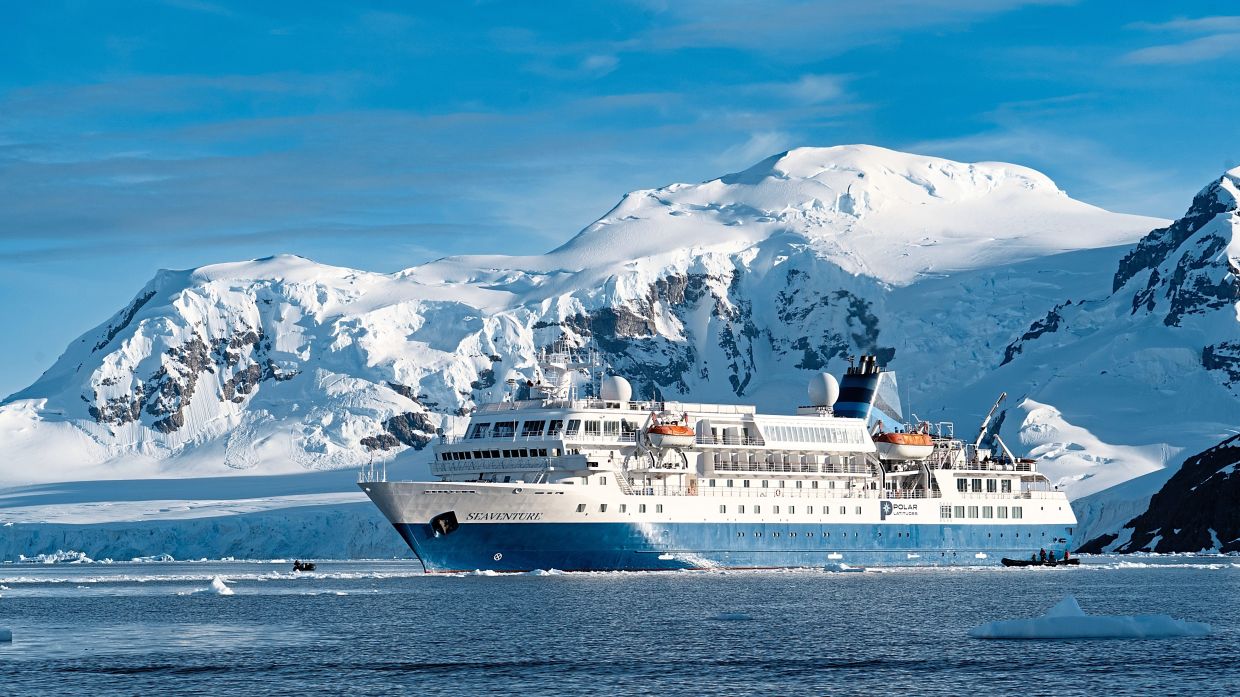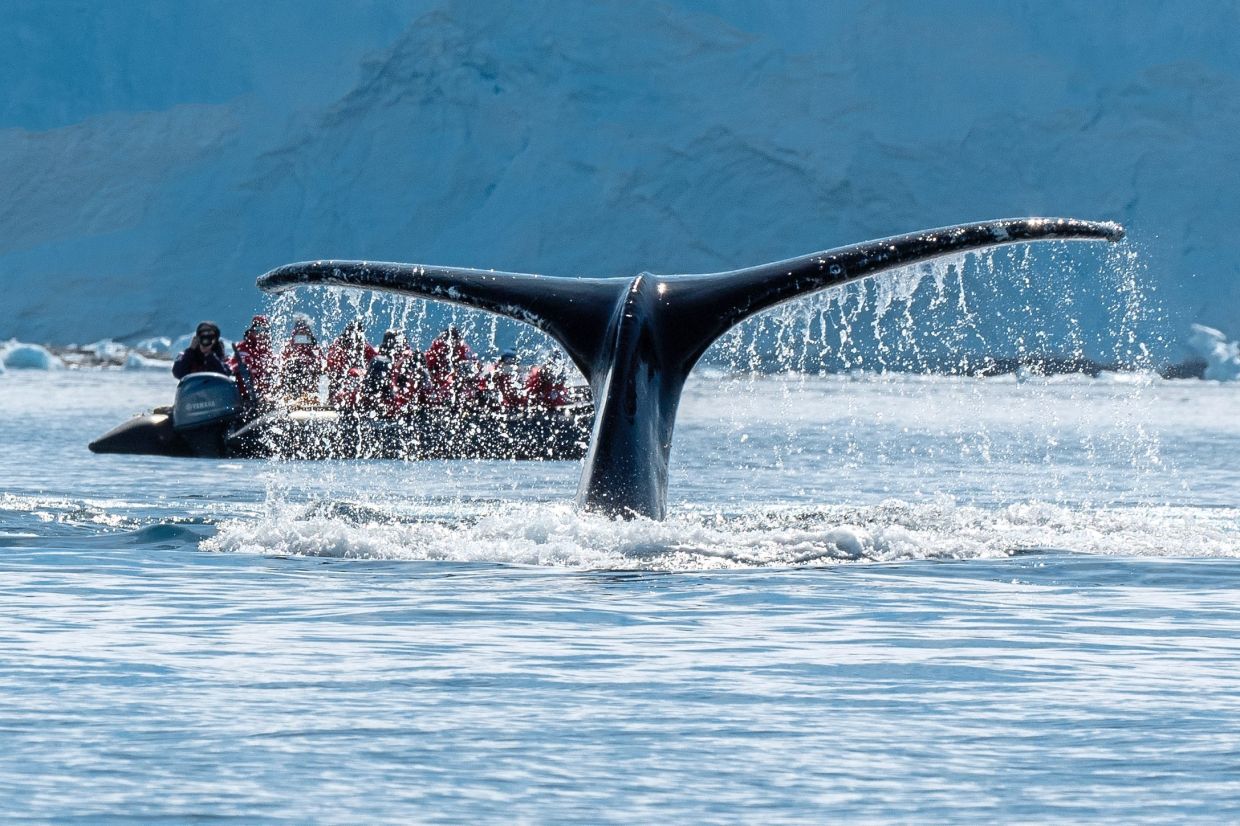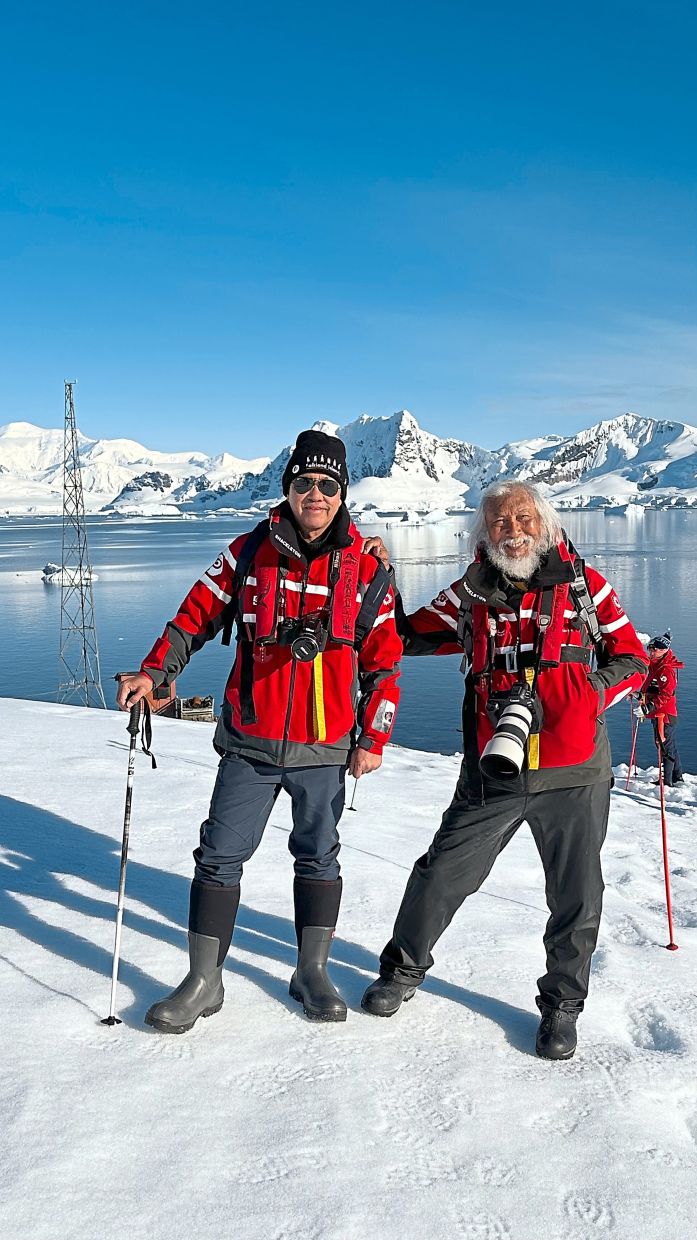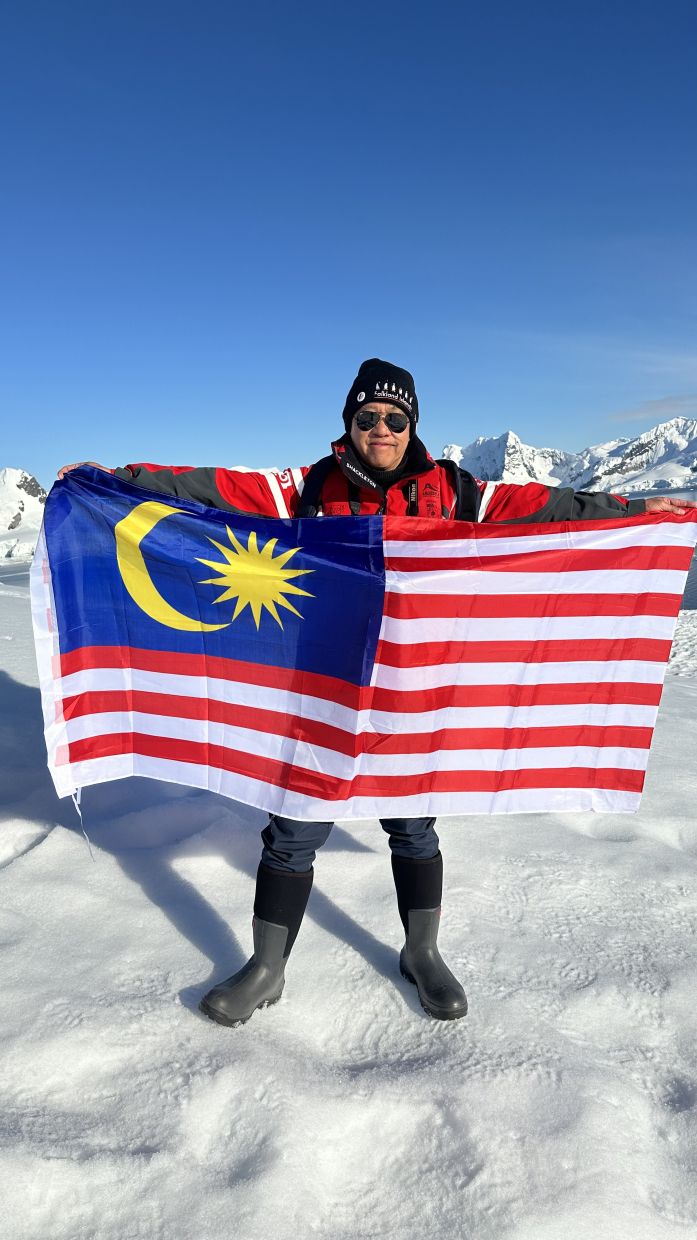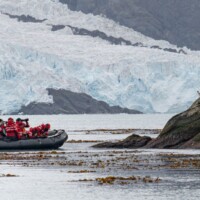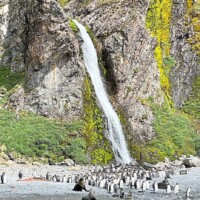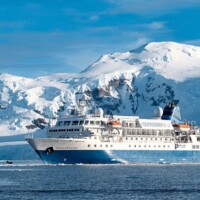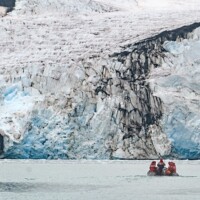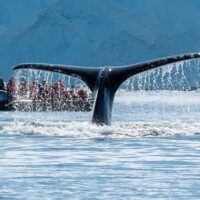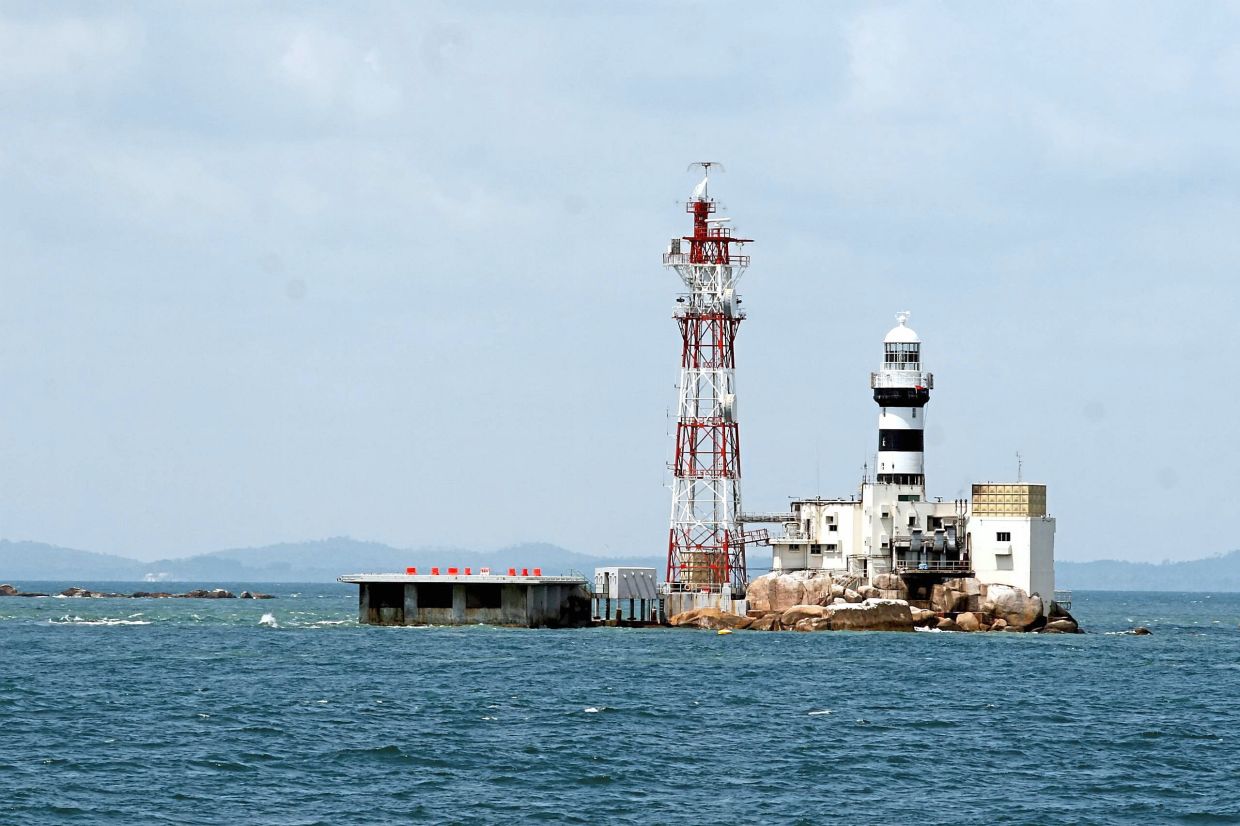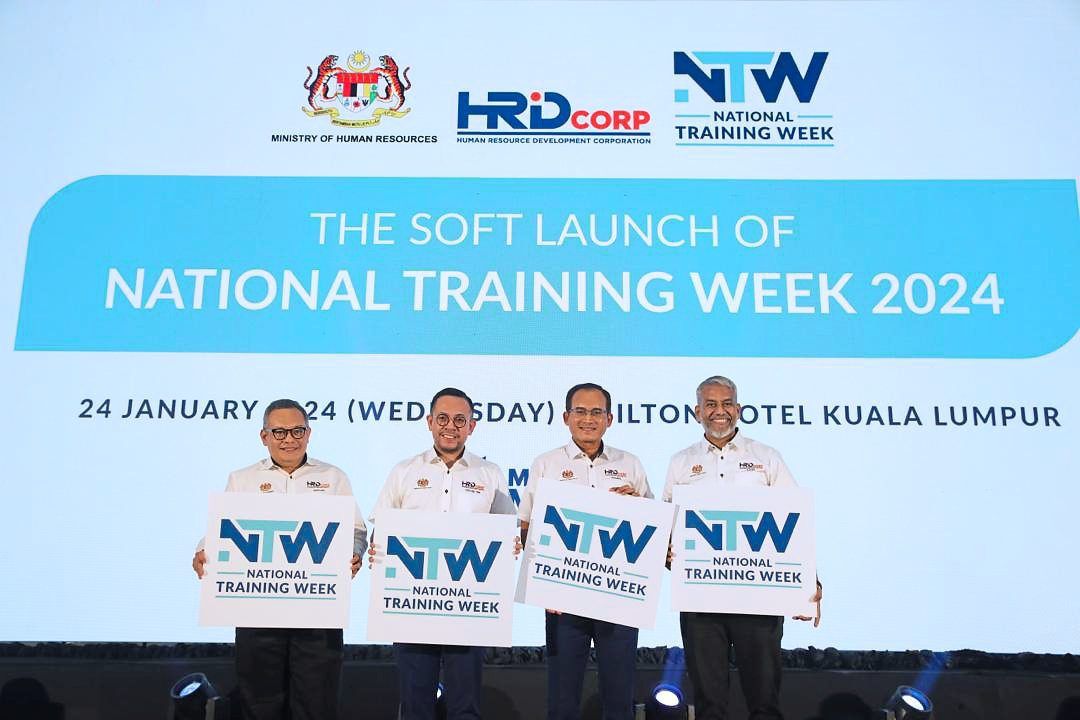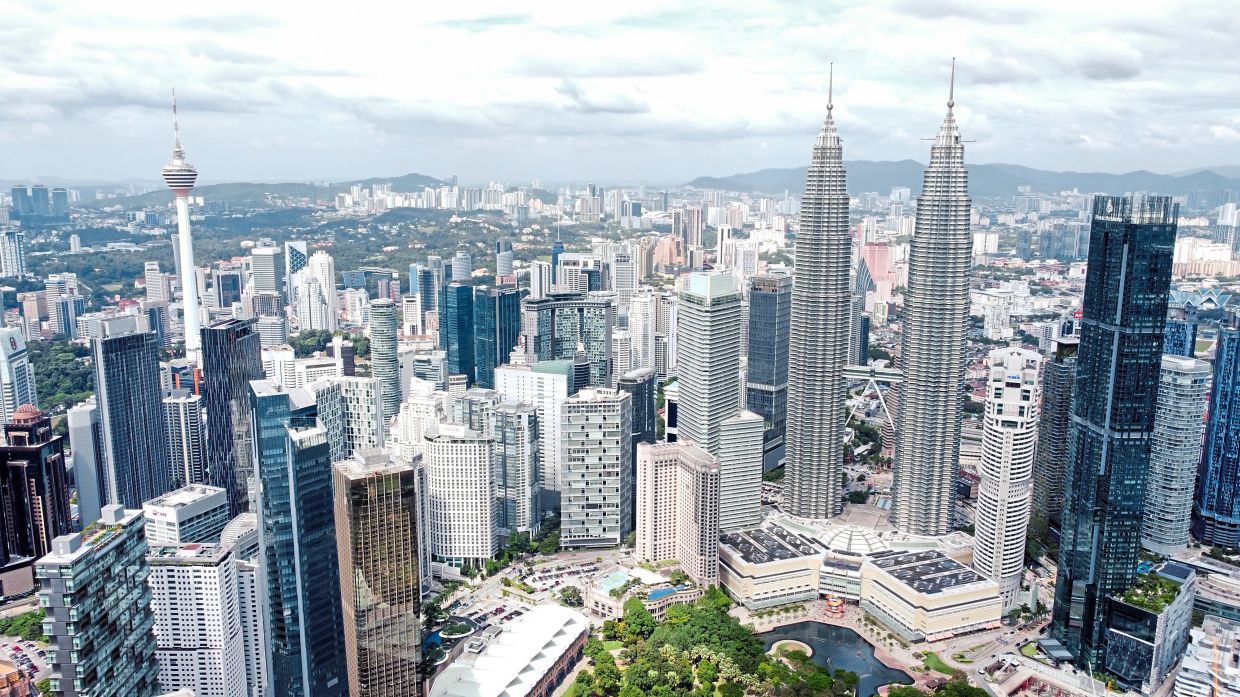IT’S understandably a decision that has angered Malaysians, with many expressing their discontent on social media.
This follows the Pardons Board’s decision to shorten Datuk Seri Najib Razak’s jail sentence from 12 to six years as well as reduce his fine from RM210mil to RM50mil.
Malaysian social media has exploded since the Board’s decision was made known on Friday, with many demanding the government justify the move.
The former prime minister’s family and Umno supporters are not happy either.
They expected a full pardon and for him to be released immediately as they insist Najib has done nothing wrong.
Naturally, there has been a backlash against Prime Minister Datuk Seri Anwar Ibrahim and the Unity Government.
But the Prime Minister has reminded everyone that Najib, like all prisoners, has the right to seek a pardon.
His appeal was rejected by the Pardons Board but that can’t stop Najib from submitting a fresh appeal to the new King.
All prisoners are entitled to a remission and those who are well behaved are most likely to have their jail term reduced.
It remains unclear if Najib could walk out of jail by August 2026 or even as early as 2025 for good behaviour.
But of course, he’s no ordinary prisoner since his case has captured international attention and the Pardons Board’s decision will surely ignite controversy, if not get roundly criticised, especially if he’s perceived to have been let off, escaping from a scandal of tectonic proportions.
The multibillion-dollar 1Malaysia Development Berhad (1MDB) scandal has generated tremendous global attention and Najib is still on trial for multiple cases related to it.
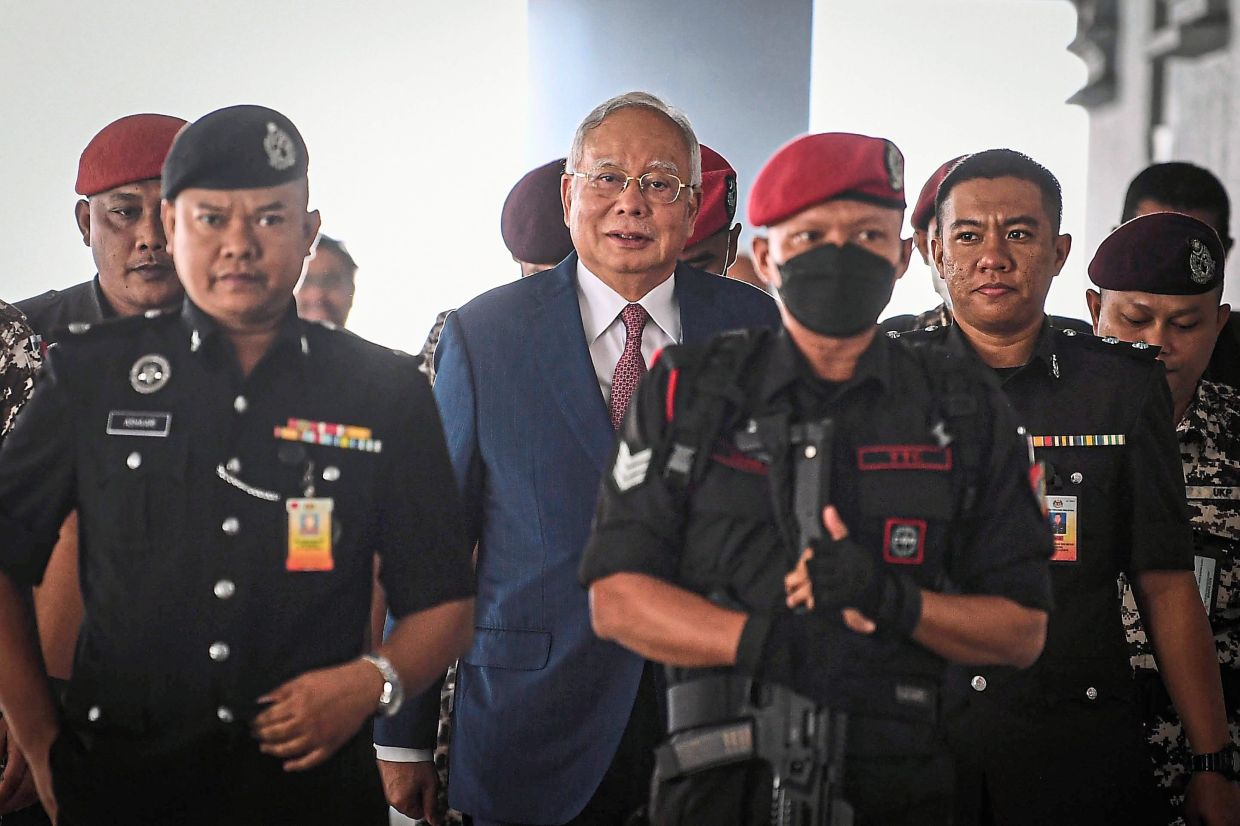
As the debate rages, Najib will have to be back in court tomorrow, a reminder that his problems aren’t over. — Bernama
While he was acquitted of audit tampering in connection with 1MDB, he hasn’t admitted guilt or shown remorse over the entire fiasco.
He has relentlessly said he had been misled and squarely blames businessman Jho Low for what has transpired, accusing him of masterminding the scheme from the start.
While the decision to trim his sentence was made in the name of the Pardons Board, the views of the Sultan of Pahang, the previous Yang di-Pertuan Agong, most likely carries the most weight.
The meeting on Monday at Istana Negara was chaired by Al-Sultan Abdullah Ri’ayatuddin Al-Mustafa Billah Shah, the previous King.
The board members included Dr Zaliha Mustafa as Minister in the Prime Minister’s Department in charge of the Federal Territories, the Attorney-General and two other officials.
The King has discretionary powers to pardon convicted offenders or reduce their sentences, as provided under the Federal Constitution.
The respective Sultans also enjoy the same authority in pardoning convicts who had erred in their states. Also, it has never been the Pardons Board’s practice to explain its decisions.
Prisoners who were pardoned or had their sentences reduced, were those who displayed exemplary behaviour, were of old age or had health issues.
In Najib’s case, the media came up with many speculative stories alluding that the former Prime Minister would be pardoned, but of course, that didn’t happen.
Najib applied for a royal pardon in 2022, shortly after his conviction and sentence was upheld by the Federal Court.
Like it or not, the Pardons Board has made its decision. It’s not required to publicly reveal the reasons for its decision.
It also doesn’t need to provide details of how the board deliberated on the issue or whether it was unanimous, a majority decision or what the final say of the previous king was. The then king chaired the meeting of the board.
Article 42 (1) of the Federal Constitution is clear, stipulating the King has the power to decide on the matter and the decision cannot be challenged in court.
However, the timing of the Pardons Board’s announcement has come under fire, with some questioning why it was not announced immediately after the meeting.
Many citizens, including the media, have yet to understand the process involved. After the meeting, the AG is required to officially inform the heads of the prisons, for example, Kajang Prison. Then, the prison would need to notify the prisoners and their families. All this is through official letters and not mere phone calls.
It’s reasonable to think that the meeting discussed clemency for other prisoners, too, and not just Najib. The others could be pardoned, or have their sentences reduced, similarly, on grounds of good behaviour or health concerns.
So, those who are demanding for the board to explain its decision are going to be left disappointed.
But Anwar has correctly emphasised that the decision of the Pardons Board on any punishment by the courts is “beyond the ambit of the prime minister and the government of Malaysia.” In simple English, he’s saying, “Don’t blame us because it’s out of our hands.”
The public, however, is unlikely to understand this legal jargon or swallow the simpler explanation either and will only blame the government for this.
Anwar said the decision made by the Yang di-Pertuan Agong should be respected as it was undertaken after due process.
Anwar made this remark when asked for his comments in an interview with Al Jazeera’s Arabic channel following the announcement of the decision by the Pardons Board’s secretary on Friday.
The Sultan of Pahang, who ended his reign as King recently, had earned much respect, popularity, and goodwill from the public, but that has changed overnight.
Criticism is rife, but as Anwar said, His Royal Highness must have taken “all the considerations” and “then, the king, after listening to the board, finally decided to reduce the sentence by 50%.”
But as the debate rages, Najib will have to be back in court tomorrow, a reminder that his problems aren’t over.
While his jail sentence has been reduced, and even if he doesn’t get a full pardon, Najib’s political career must surely be over because he won’t be eligible to run for elections or hold any positions.
In any case, while he is still very much an influential figure in Umno and has a strong following, an active return to politics won’t help the Unity Government.
Najib has had his jail sentence and fine reduced, but it’s Anwar who must deal with the potential loss of support, even if he has no part or say on the issue.



